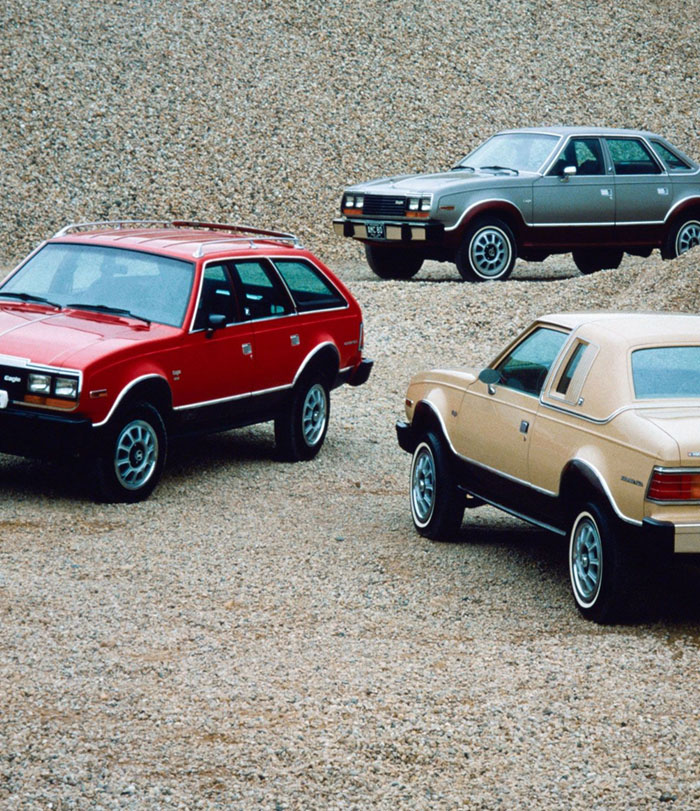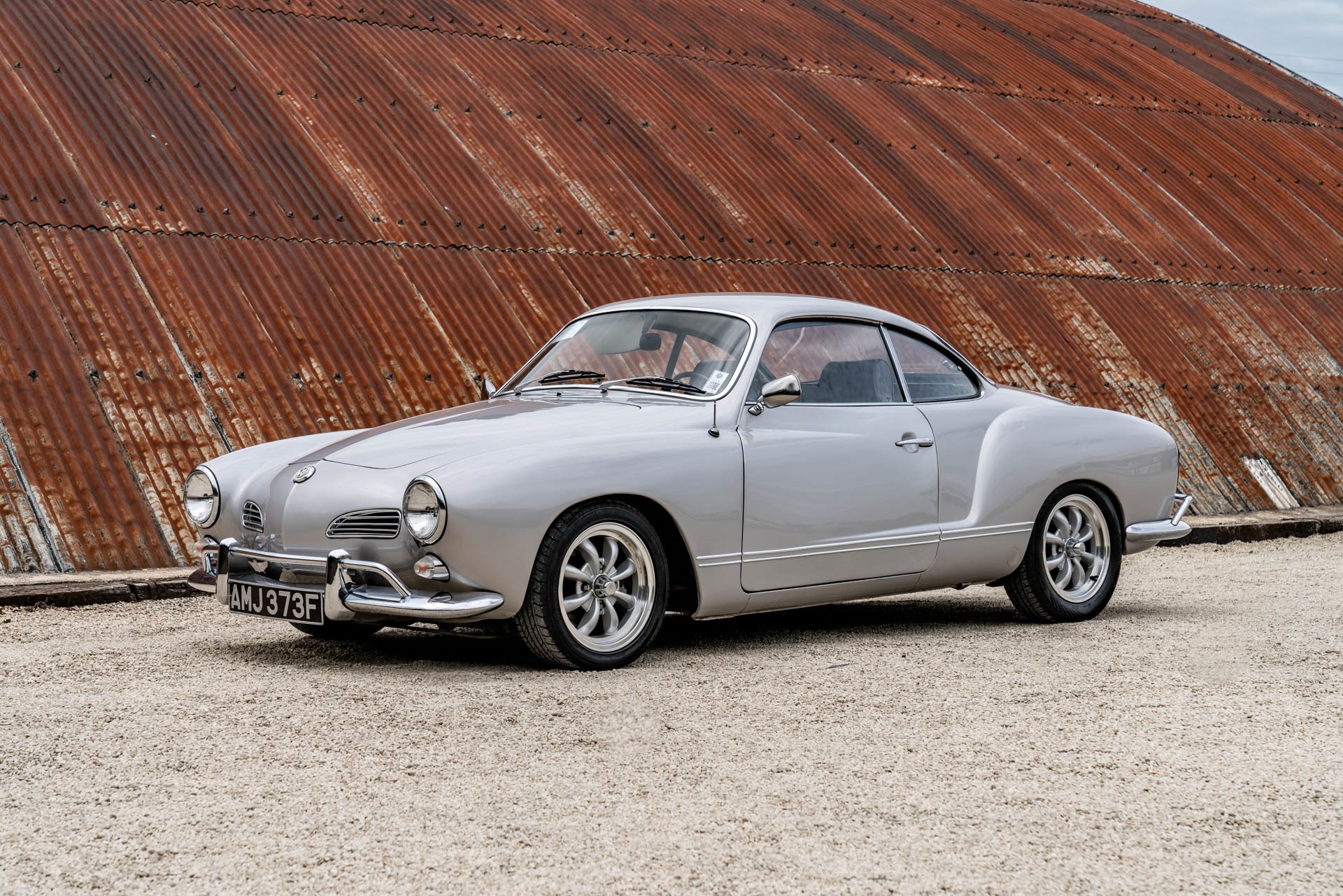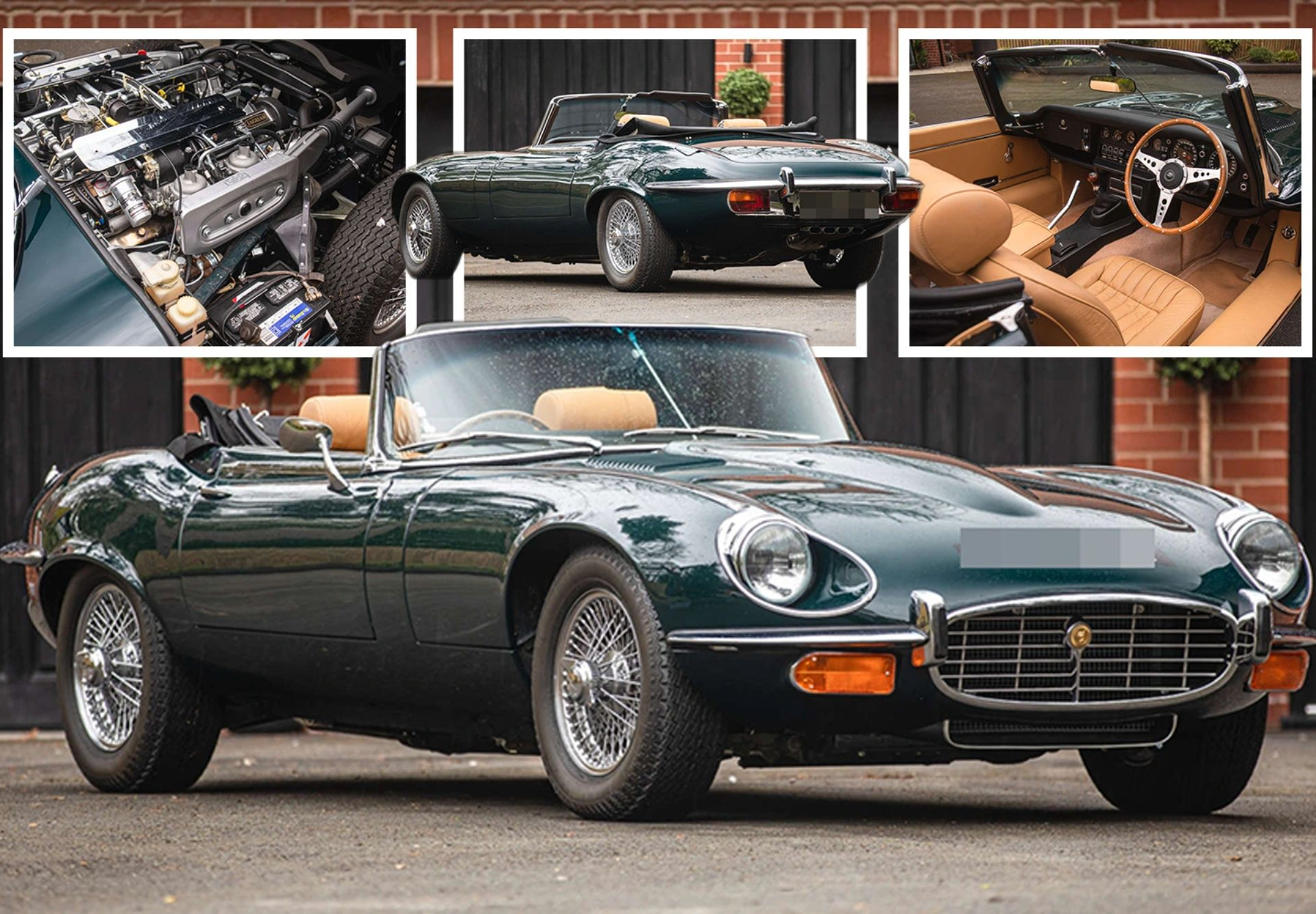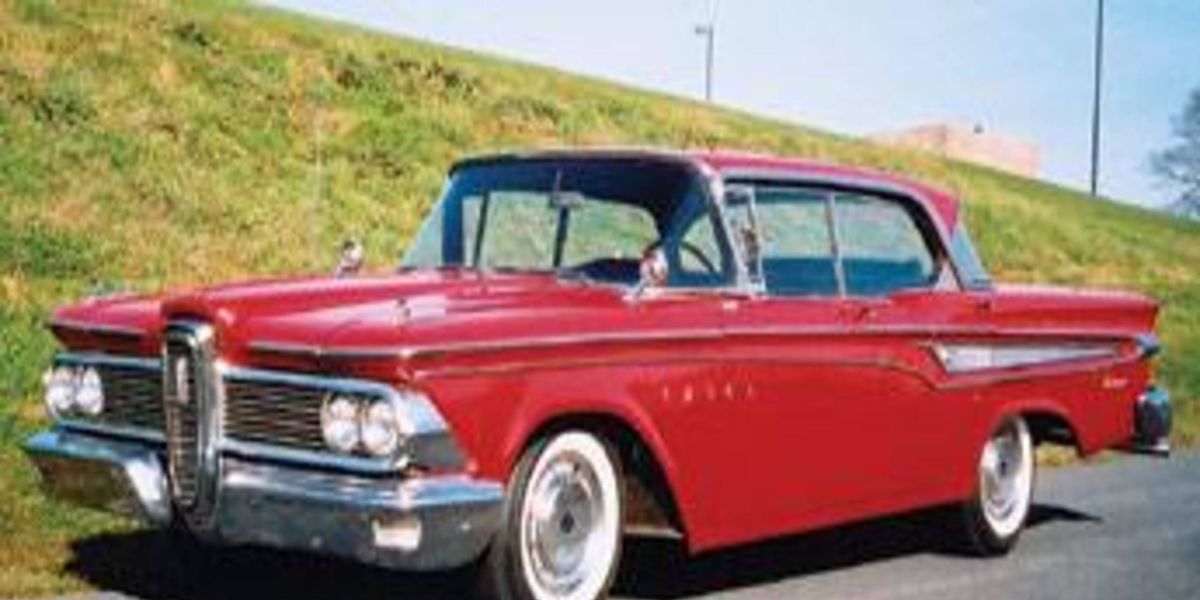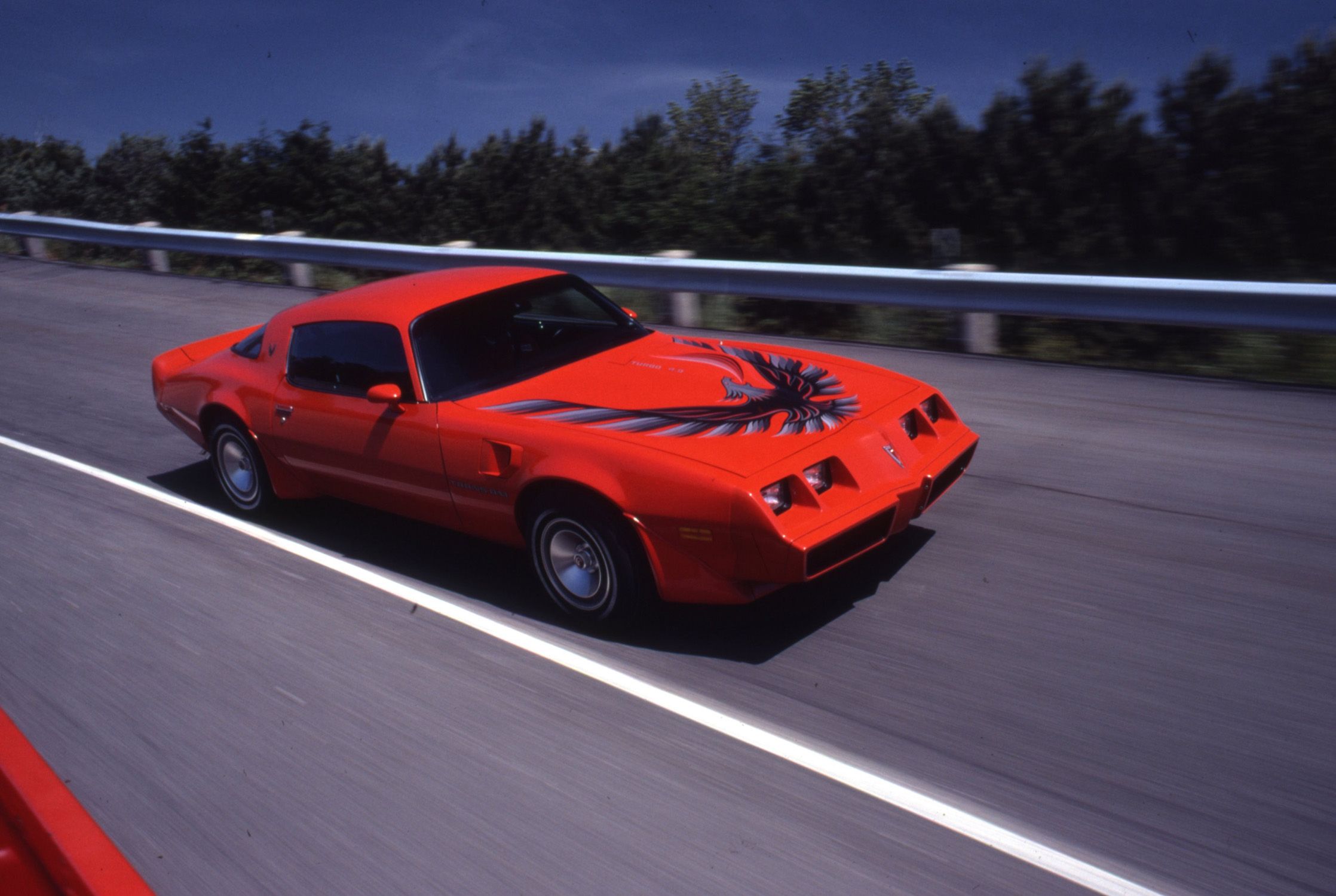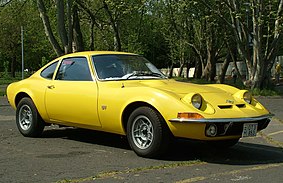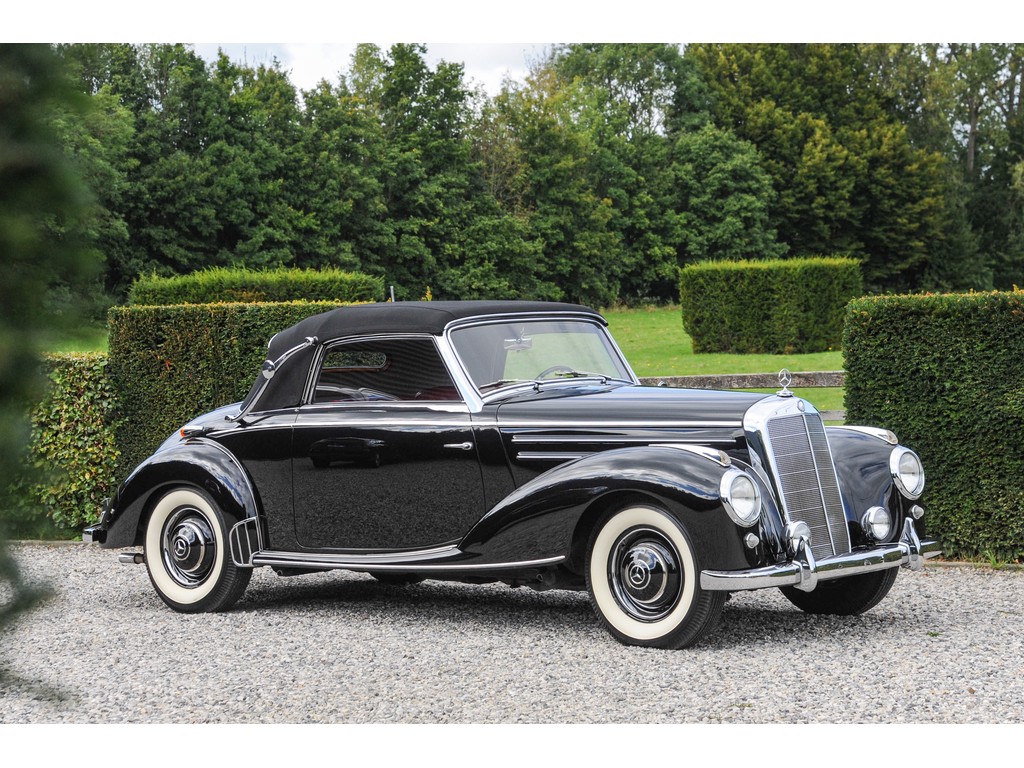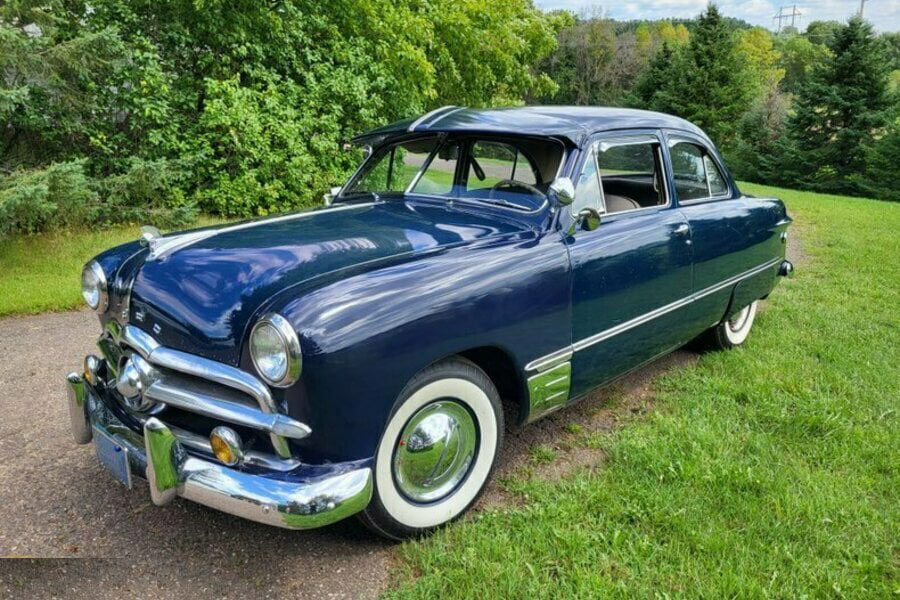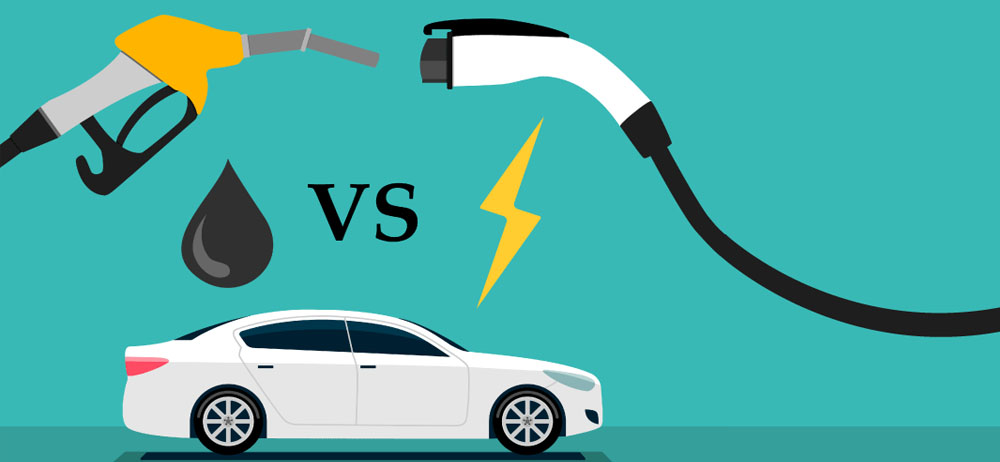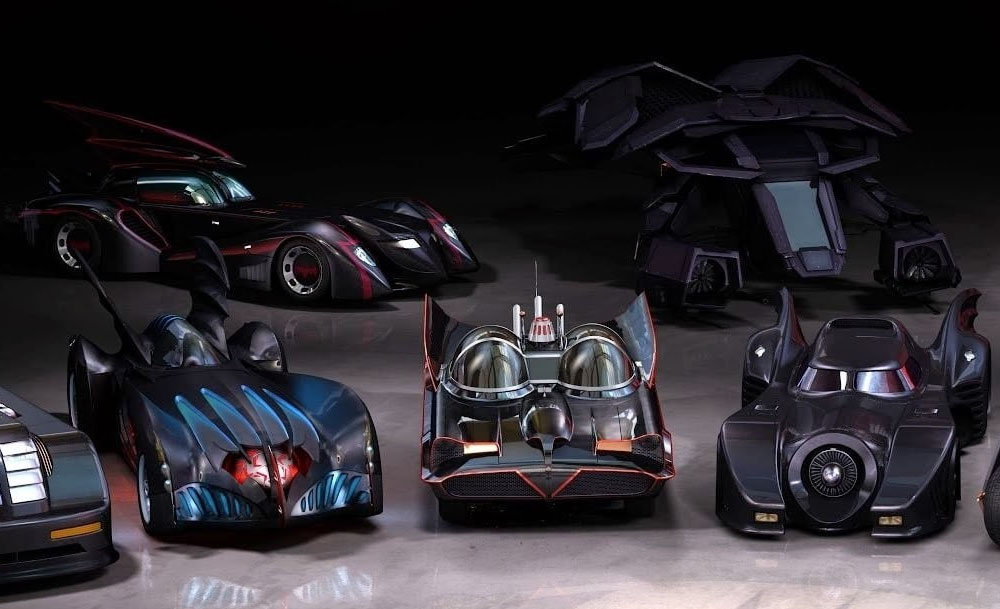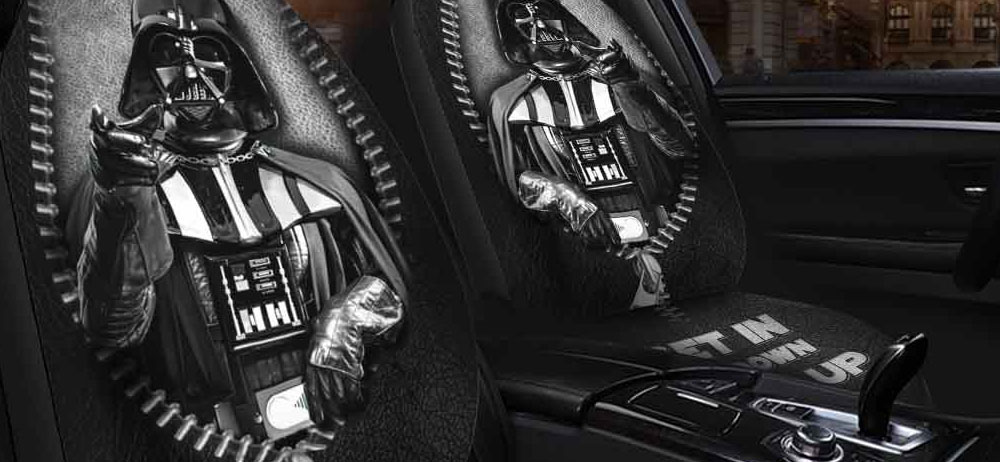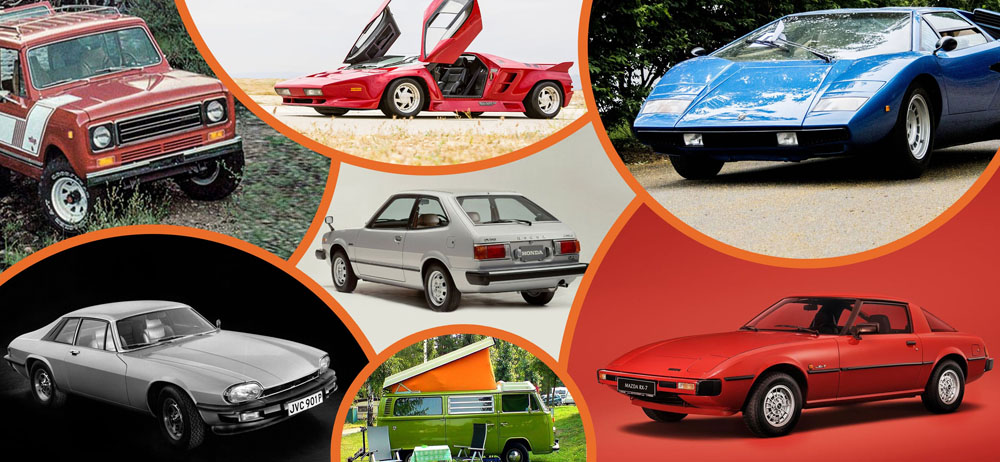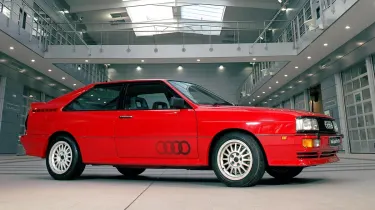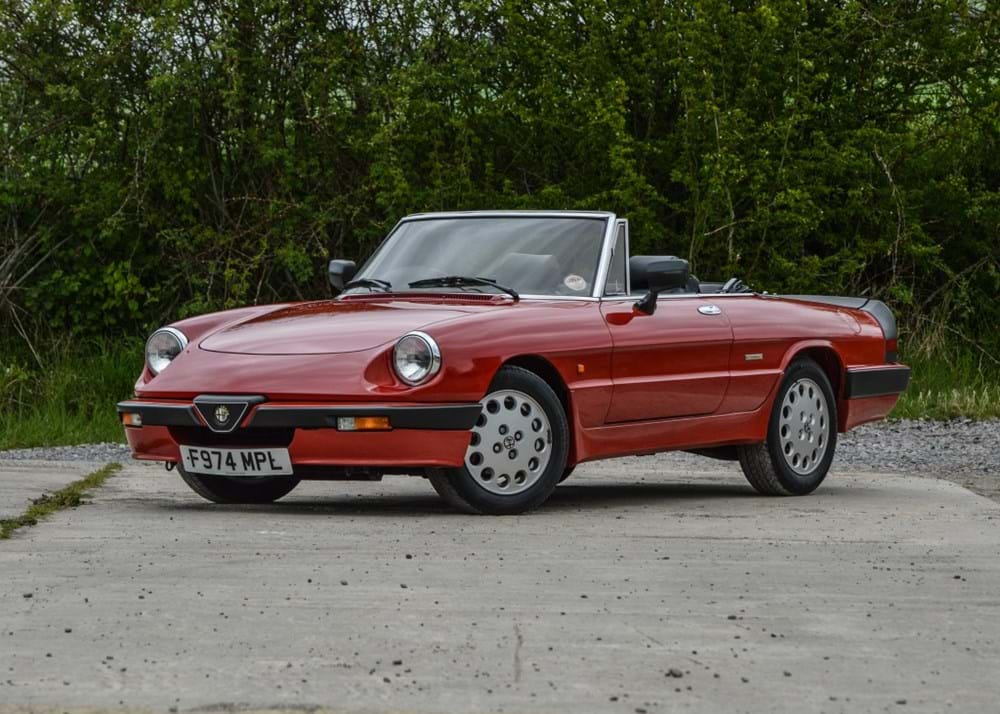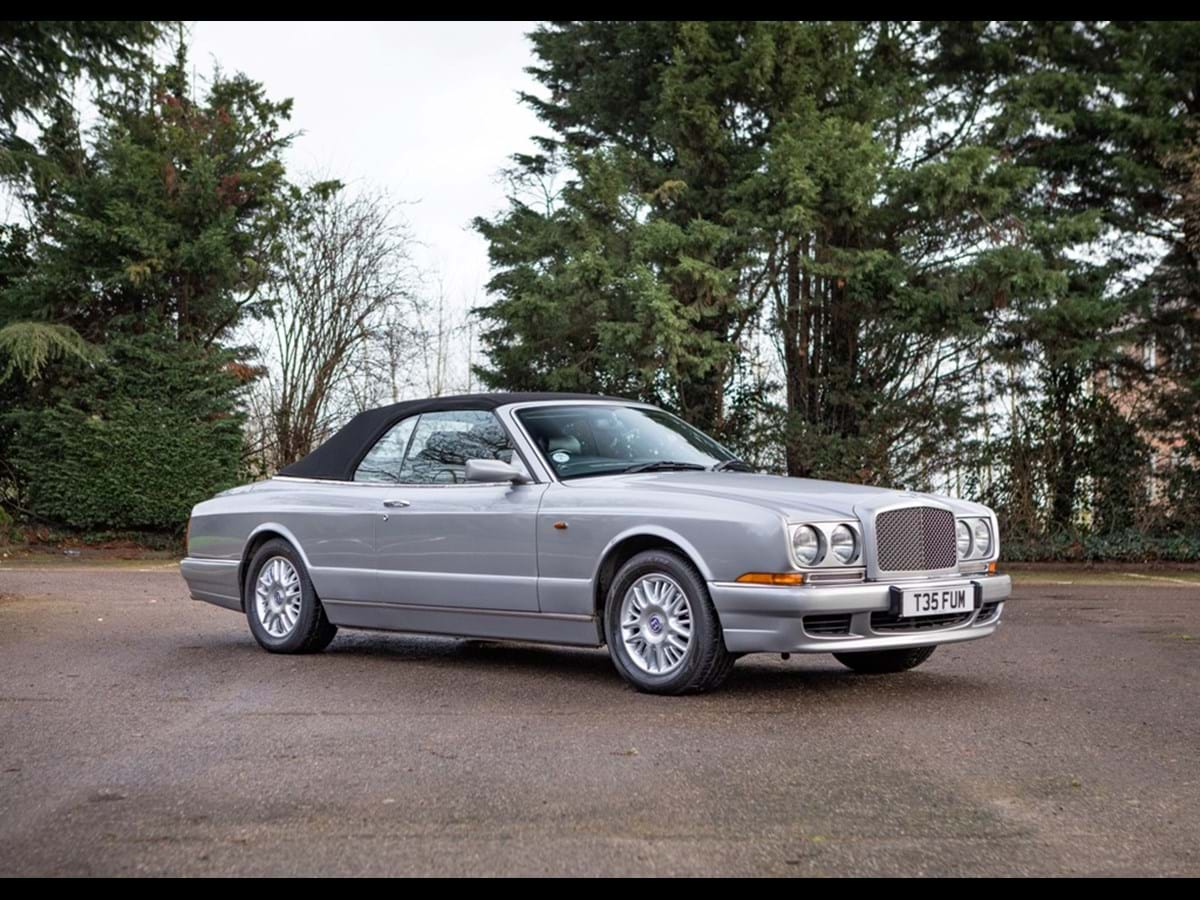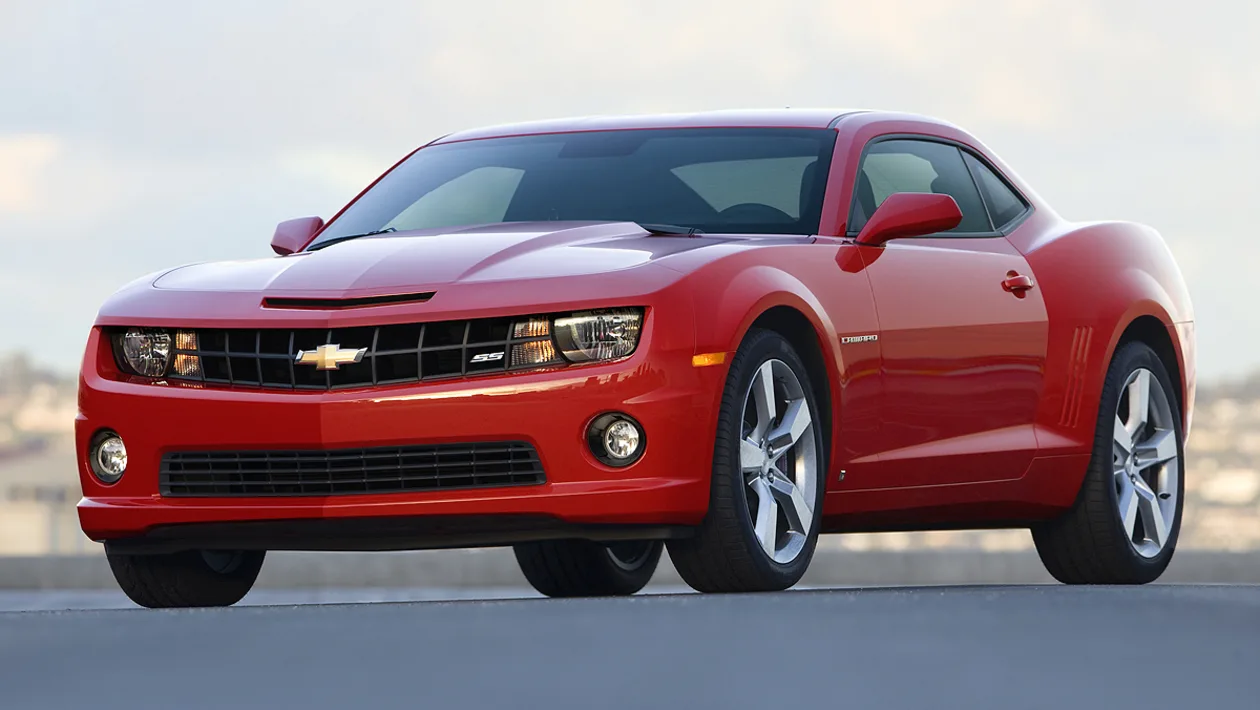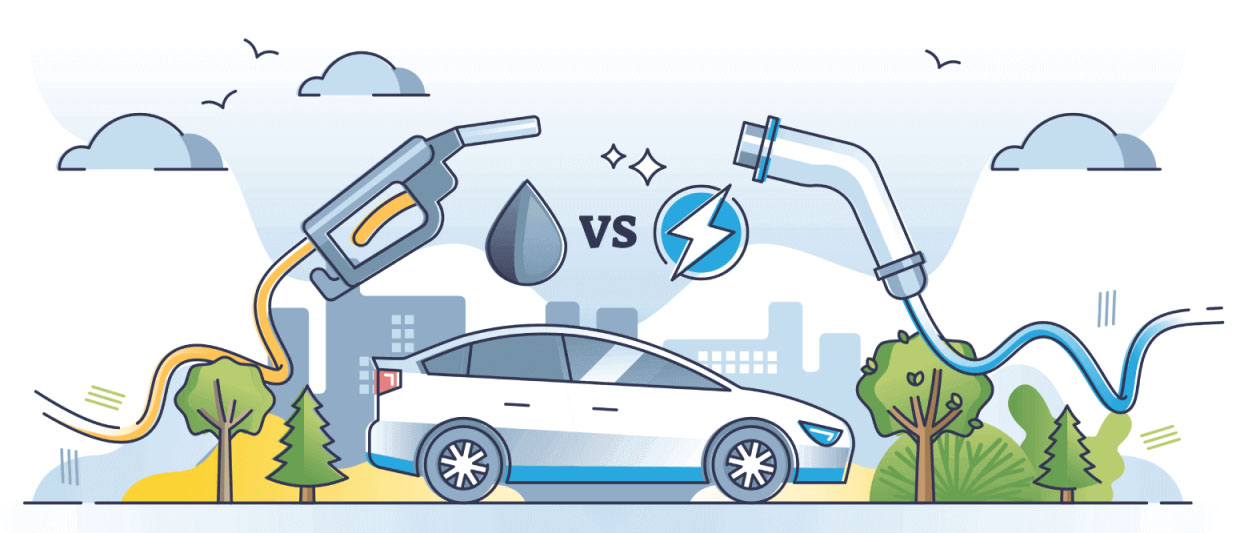
Pros and Cons of Hybrid Cars
Hybrid cars have gained popularity in recent years as an eco-friendly alternative to traditional gasoline-powered vehicles. If you're considering purchasing a hybrid car, it's essential to weigh the pros and cons to make an informed decision. Here are the pros and cons of hybrid cars:
Pros:
Environmental Benefits: One of the most significant advantages of hybrid cars is their reduced environmental impact. They produce lower emissions and have better fuel efficiency compared to conventional gasoline vehicles. Hybrid cars combine a gasoline engine with an electric motor, resulting in reduced fuel consumption and fewer greenhouse gas emissions.
Fuel Efficiency: Hybrid cars are designed to maximize fuel efficiency. The combination of a gasoline engine and an electric motor enables hybrid cars to get better mileage, saving you money at the pump. This makes them an attractive option for daily commuting and long-distance driving.
Lower Operating Costs: In addition to saving on fuel expenses, hybrid cars often have lower operating costs. Maintenance and repair costs for hybrid vehicles are often comparable to conventional vehicles, but some hybrids may have longer-lasting brake pads and other components due to regenerative braking.
Potential Tax Incentives: Many governments offer tax incentives and rebates to encourage the purchase of hybrid cars. These incentives can help offset the higher initial cost of hybrid vehicles and make them more affordable.
The Pros and Cons of Hybrid Cars
Cons:
Higher Initial Cost: Hybrid cars generally have a higher sticker price compared to conventional gasoline vehicles. The advanced technology and components used in hybrid cars contribute to their higher cost. However, with potential tax incentives, fuel savings, and lower operating costs, the higher upfront cost may be offset over time.
Limited Electric Range: Most hybrid cars are not plug-in hybrids, so they rely on regenerative braking and the gasoline engine to recharge the battery. While they offer better fuel efficiency, the electric range of hybrid cars is typically limited compared to fully electric vehicles.
Battery Lifespan and Replacement: Hybrid cars use rechargeable batteries to power their electric motors. Over time, the battery capacity may degrade, affecting the vehicle's overall performance and efficiency. Battery replacement can be costly, although some manufacturers offer warranties and battery life predictions have been improving over the years.
Limited Model Variety: While hybrid cars are becoming more common, the variety of models and options is still more limited compared to traditional gasoline vehicles. However, this is changing as more automakers expand their hybrid offerings.
Considering these pros and cons, hybrid cars are an excellent choice for those seeking improved fuel efficiency and reduced emissions. If you have a daily commute or frequently drive in city traffic, a hybrid car can provide significant fuel savings and environmental benefits. It's essential to evaluate your driving habits, budget, and long-term goals to determine if a hybrid car aligns with your needs and values.



